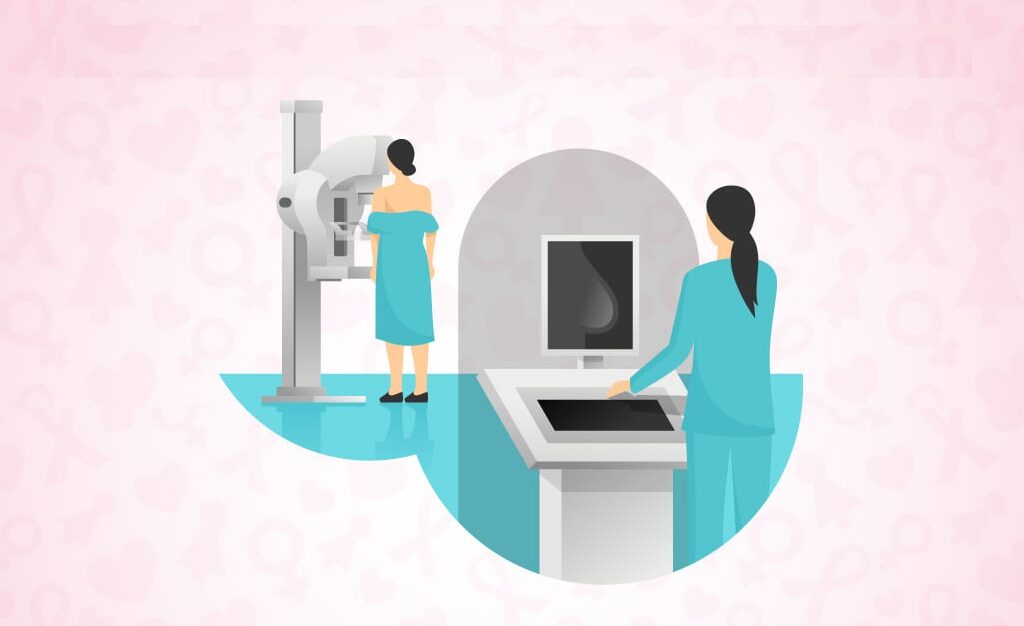
Don’t want to undergo Mammography? Get a clinical breast examination done instead!
A recent study published in the British Medical Journal suggests that clinical breast examination done every two years can be effective in the detection of breast cancer in low and middle-income countries. This finding gives hope to many women in resource-limited settings, and who are unable to afford a regular mammography screening.
The study included 1,51,538 women from 20 geographically distinct clusters in Mumbai, India. The women were aged between 35-64 years, with no history of breast cancer. The study randomly assigned women into two groups, a screening arm and a control arm. Those in the screening arm received four screening rounds with clinical breast examination and cancer awareness every two years. The women in the control arm received one round of screening and eight rounds of active surveillance every two years.
The results showed that breast cancer was detected in the screening arm at an earlier age than the control arm. There was also significant reduction of proportion of women diagnosed with advanced stages of the disease. Reduction in mortality due to breast cancer was seen in the screening arm versus the control arm.
According to the study, the clinical breast examination conducted every two years by a trained primary health care worker was effective in detecting breast cancer at an early stage and lead to a 15% overall reduction in mortality due to breast cancer.
The findings imply that clinical breast examination can be used as a tool for breast cancer screening in countries with low and middle income.
References:
Source: Mittra I, Mishra G A, Dikshit R P, Gupta S, Kulkarni V Y, Shaikh H K A et al. Effect of screening by clinical breast examination on breast cancer incidence and mortality after 20 years: prospective, cluster randomised controlled trial in Mumbai BMJ 2021; 372 :n256.
Source link: https://www.bmj.com/content/372/bmj.n256
Previous : A fasting diet along with chemotherapy found effective against breast cancer
